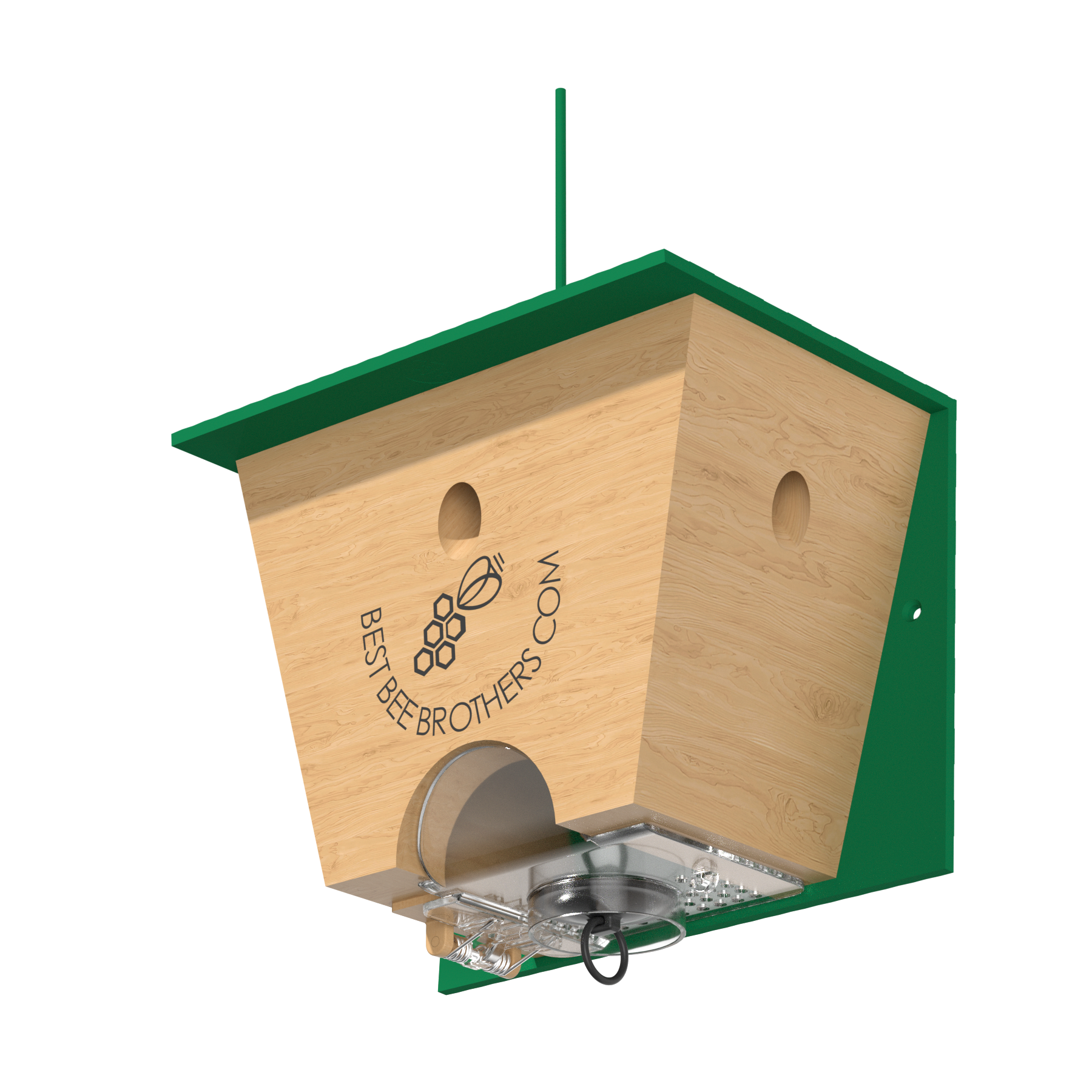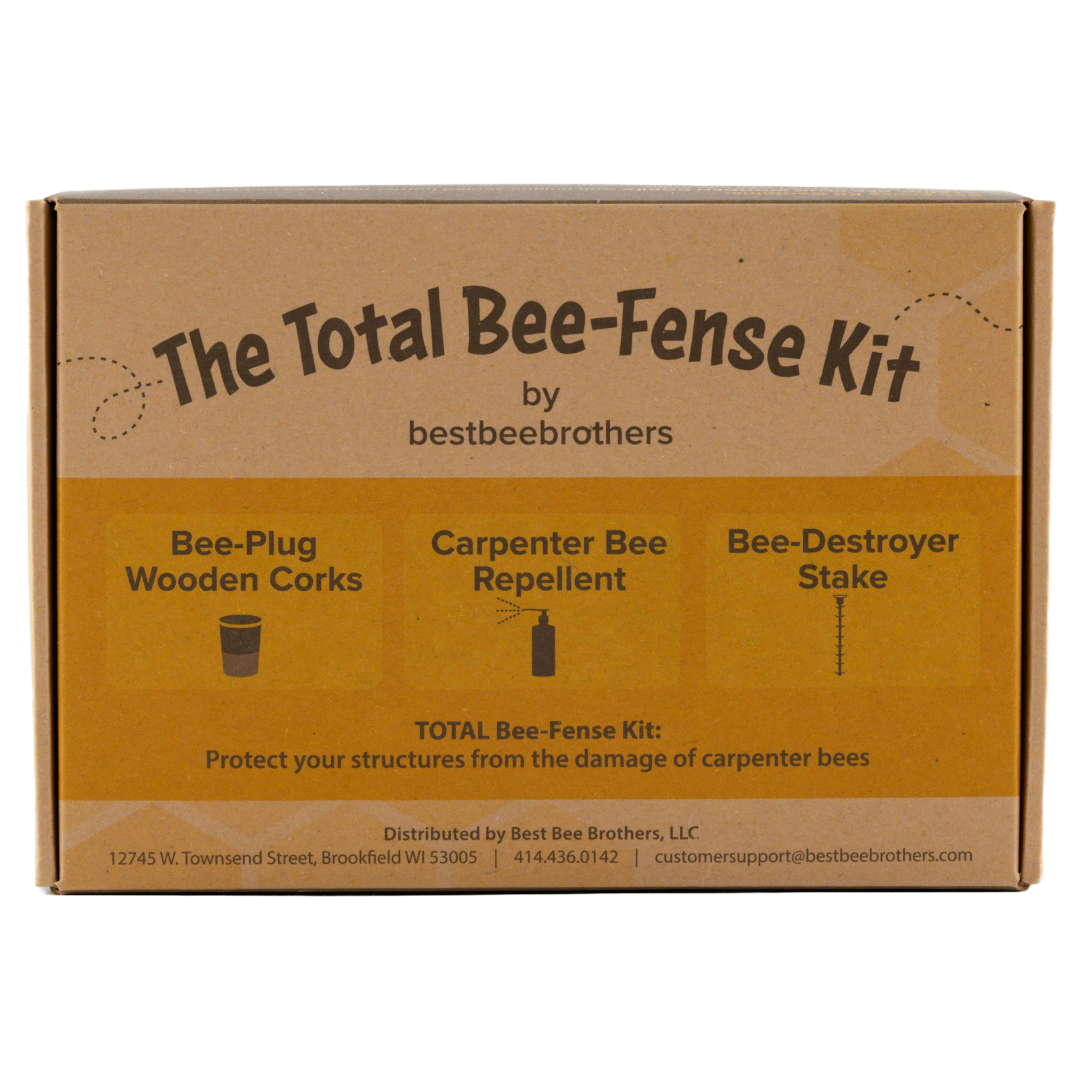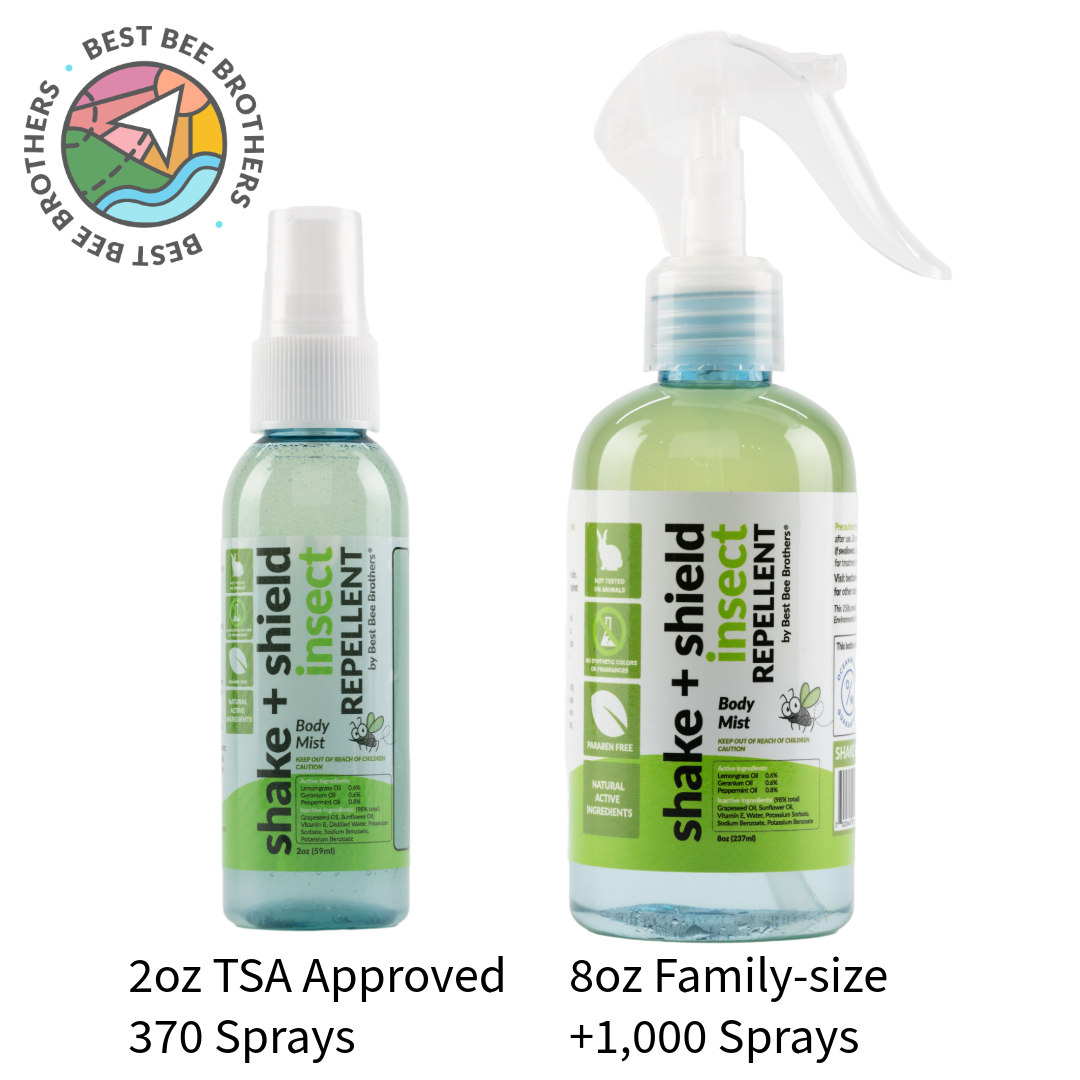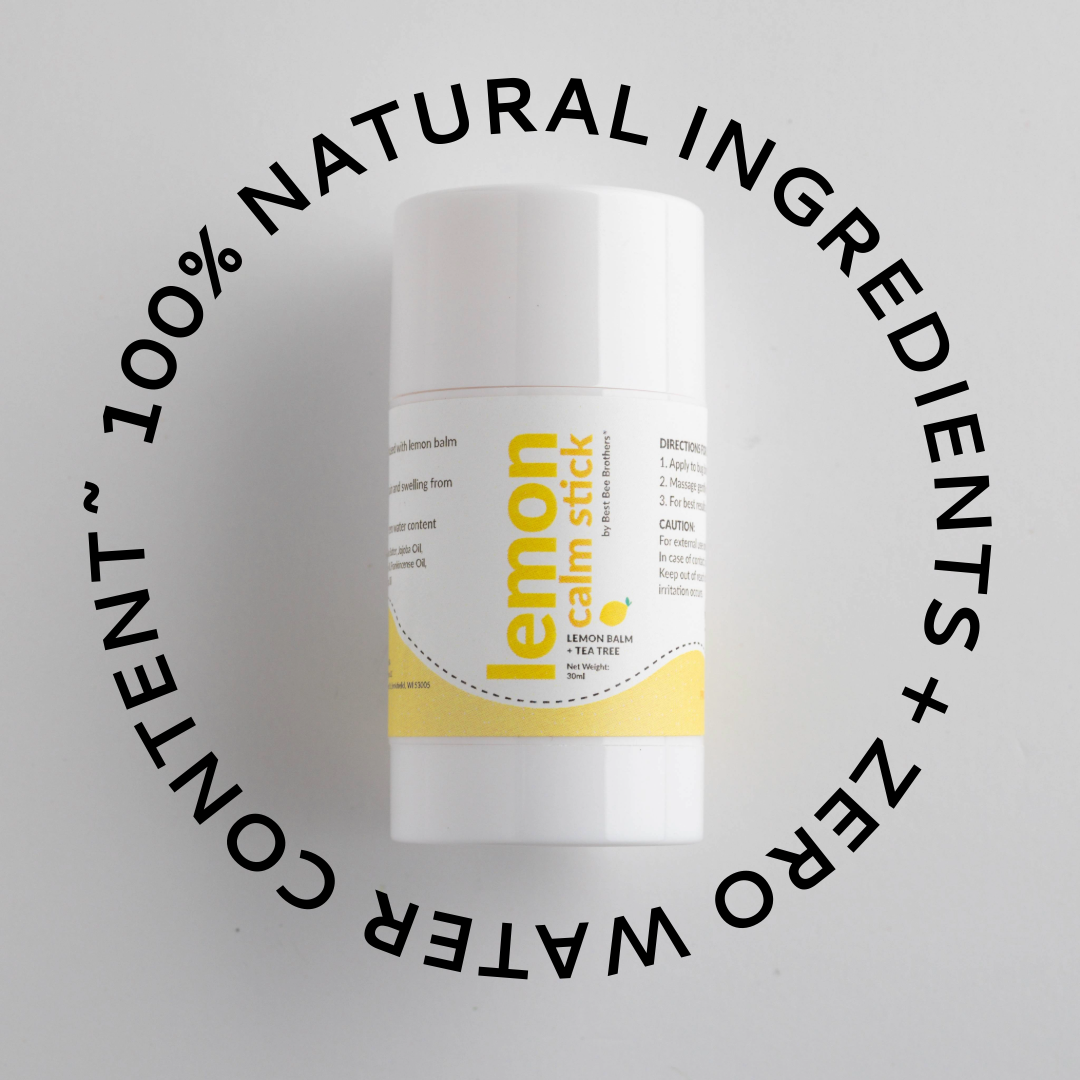Wasps are any insect of the Hymenoptera family, which means they are different from ants and bees. They are generally more aggressive than the other two as they are naturally predatory and very protective of their young. For farmers and gardeners, they may be a useful form of natural pest control, as their young feed on insects that may damage crops.1 But due to their aggressiveness, they can be a nuisance as well.

While it may seem easiest to stamp on the insect with your shoe, aside from the risk of being stung by a wasp underfoot, it is a good idea to avoid crushing or stepping on a wasp. When a wasp is threatened or attacked, it can release a pheromone that may attract other wasps to attack in response.
If wasps are a problem in your home or garden, here are some ideas to help you get rid of them.
Use a fake nest: Wasps tend to be territorial and do not build nests near another wasp’s nest, so hanging up a decoy nest is an effective way to deter them.

Peppermint: Add some drops of peppermint oil to a spray bottle of water and then apply the solution to areas where you have noticed wasps. Or plant peppermint in your garden to discourage these annoying bugs.

Sugar and water traps: Attract wasps into a bottle with a solution of sugar and water solution. The wasp will fly in and won’t be able to easily escape, drowning in the liquid.
Soapy water: Spraying wasps with soapy water is a simple method that can be used to get rid of them in your house or garden. The soap can help break down the exoskeleton’s water-resistant barrier, allowing the water to penetrate the surface and drown the wasp.
1. Emily Osterloff, “What Do Wasps Do?,” Natural History Museum, accessed June 19, 2020, https://www.nhm.ac.uk/discover/what-do-wasps-do.html.









Leave a comment
All comments are moderated before being published.
This site is protected by hCaptcha and the hCaptcha Privacy Policy and Terms of Service apply.